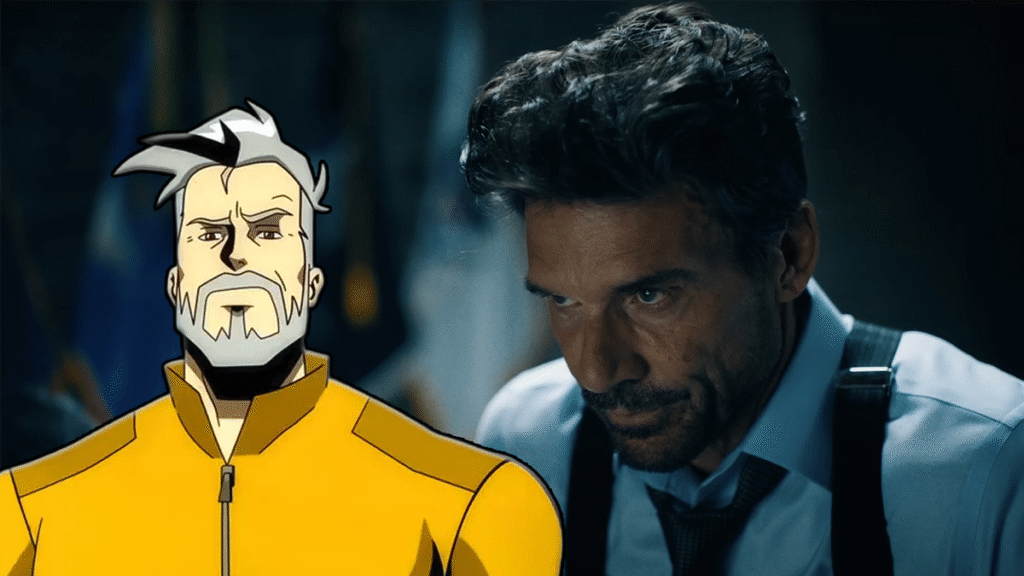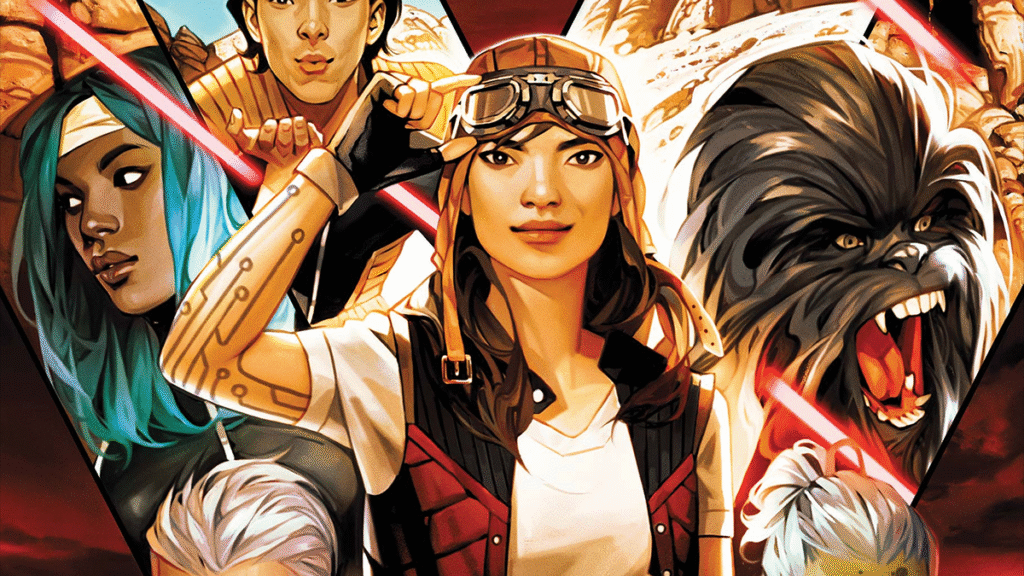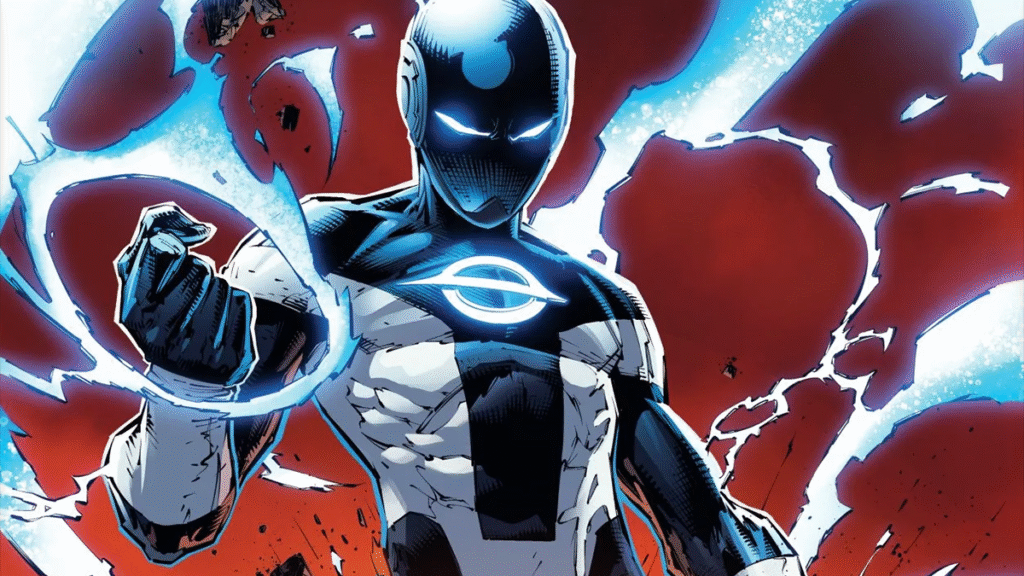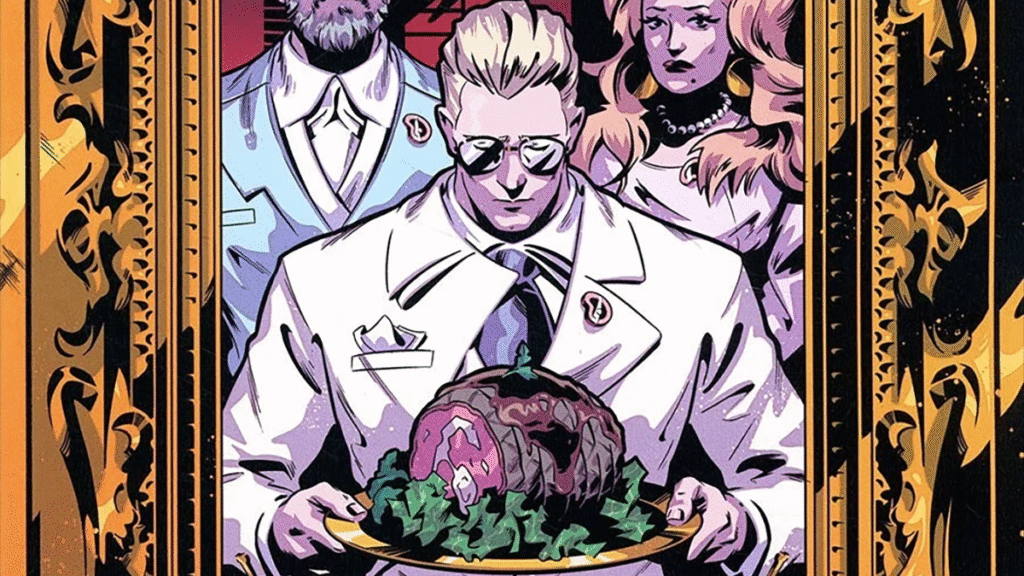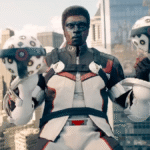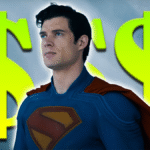Fantastic Four Has One Job: Make You Care About the MCU Again
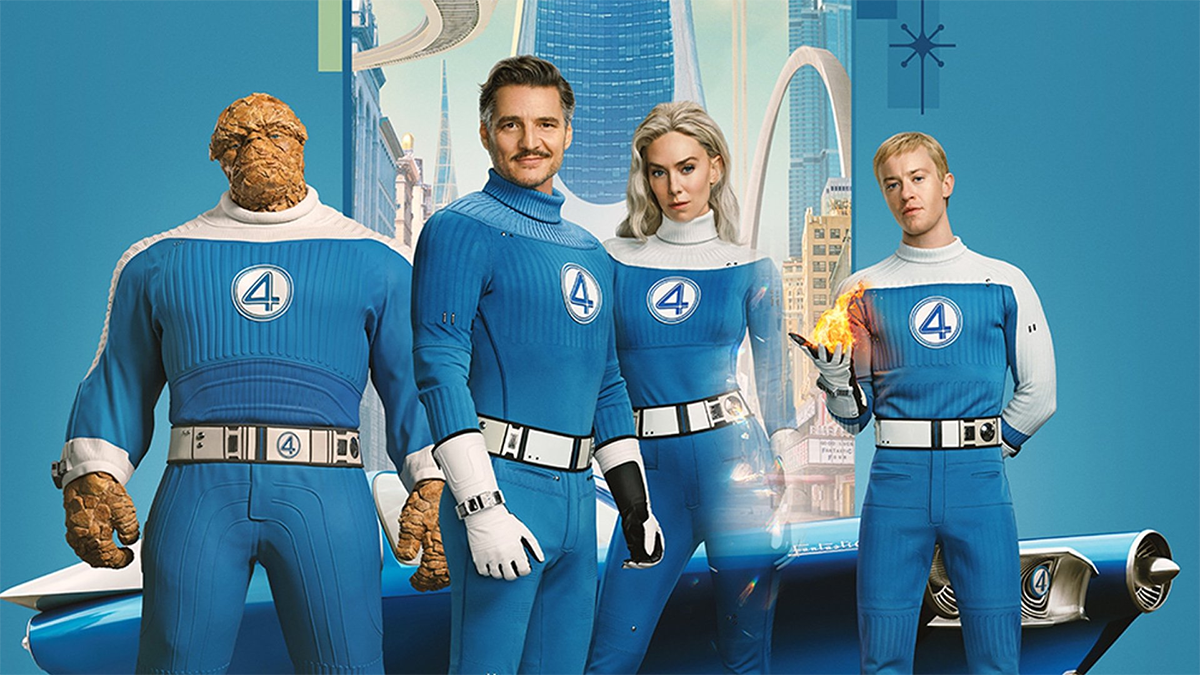
Marvel doesn’t need Fantastic Four to blow our minds. It needs this film to make us care about the Marvel Cinematic Universe again. That’s a taller order than it sounds — not because the audience has moved on, but because the connective tissue that once defined the MCU has all but disappeared since Endgame.
To be clear: there have been standout moments in recent years — Black Panther: Wakanda Forever, Daredevil: Born Again, and Spider-Man No Way Home still resonate. But Marvel’s recent output has felt like a scattershot of ideas, with little to no narrative gravity. We’re no longer following a throughline — we’re following headlines. And with fan fatigue growing louder, Fantastic Four doesn’t just have to be good. It has to remind us why this universe was worth investing in to begin with.
It Wasn’t Oversaturation — It Was Directionless Content
Let’s kill the myth: oversaturation didn’t break the MCU. Poor quality and lack of focus did.
In the lead-up to Endgame, every Marvel film felt like a stepping stone. Even the so-called “lesser” entries (like Ant-Man) had purpose. You trusted that it was all going somewhere. But since then, Marvel has been throwing projects at the wall hoping something sticks — and more often than not, it hasn’t.
Quantumania was supposed to launch the next big villain. It barely made a ripple. The Marvels should have been a slam dunk, but it evaporated on arrival. Even shows like Secret Invasion promised massive consequences, only to feel inconsequential the moment they ended.
Fantastic Four now finds itself in a position no other Marvel property has faced: it doesn’t just need to deliver for itself — it needs to restore belief in the larger machine. And if it doesn’t, it could put a dent in everything coming next, including Secret Wars and the long-anticipated X-Men era.
The Most Important Team Since the Avengers
This isn’t just another addition to the MCU — it’s the addition. The biggest new ensemble Marvel has introduced since the original Avengers lineup.
While we all know the X-Men are on the horizon, this is the first time since Phase One that a core team is being introduced with the full expectation of becoming foundational. Reed Richards, Sue Storm, Johnny Storm, and Ben Grimm aren’t B-tier characters. They’re the blueprint. And Marvel can’t afford to fumble them.
For all their past missteps, they’re finally bringing the Fantastic Four home. That comes with weight — and expectations.
A Strong Cast — With One Flaming Caveat
Pedro Pascal as Reed Richards is a win. Vanessa Kirby as Sue Storm might be the smartest casting decision Marvel’s made since Florence Pugh joined the MCU. Ebon Moss-Bachrach as Ben Grimm is pitch-perfect — the kind of casting that feels obvious the moment you hear it.
And then there’s Johnny Storm.
Joseph Quinn is a talented actor. No question. His performances in Stranger Things and beyond show real emotional range and charisma. But he doesn’t exactly scream Johnny Storm — and the moment those icy blue contact lenses hit the internet, that disconnect only deepened.
Chris Evans, for all the baggage of his later MCU fame, was Johnny Storm — cocky, charming, impulsive, fun. With Quinn, fans aren’t feeling that same fire yet. He might surprise us, but right now, he feels more like an ensemble filler than the Human Torch Marvel needs.
Ironically, the character burning brightest in early reactions isn’t even one of the Four — it’s Shalla-Bal, the Silver Surfer variant revealed in recent trailer footage. That reveal lit up social media, and gave the film an early injection of cosmic intrigue that Johnny, so far, hasn’t matched.
Why the Retro Setting Is Brilliant (and Bittersweet)
The obvious 1960s aesthetic is more than a visual gimmick — it’s a lifeline.
Giving the Fantastic Four their own stylized world lets Marvel do two things at once: embrace the team’s original era while sidestepping the modern MCU’s tonal mess. This isn’t just a throwback — it’s a soft bubble. A clean space where the F4 can exist on their own terms before they’re inevitably pulled into crossovers and multiverse noise.
And thanks to the alternate universe setup, Marvel doesn’t even have to explain the retro vibe away. It just is. That gives the story room to breathe and gives fans something visually and emotionally distinct from what came before.
The downside? We already know it’s temporary. As soon as the F4 join the mainline MCU, that aesthetic — and the quieter storytelling potential it offers — will likely be left behind. That makes this world feel precious before we’ve even seen it.
The Stakes Are Higher Than Ever
There’s a temptation to say, “Hey, just make it fun — it doesn’t need to be Endgame.” But that’s not true anymore. Fantastic Four isn’t just important — it might be the most important Marvel movie since Endgame.
If it falls flat, the domino effect could hurt the next five years of MCU storytelling. If it succeeds, it sets the tone for Secret Wars, the X-Men, and whatever comes next. It’s a keystone — not just for the characters involved, but for the fans on the edge of walking away for good.
So no, it doesn’t need to be massive. But it does need to matter. And it needs to make us believe in Marvel again.
Final Thought
This isn’t about nostalgia. It’s about connection. For the first time in years, Marvel has a chance to give us something clean, bold, and character-driven — something that reminds us why we showed up in the first place.
Fantastic Four doesn’t need to change the world. It just needs to make us care about Marvel’s world again. If it does that? Everything changes.


